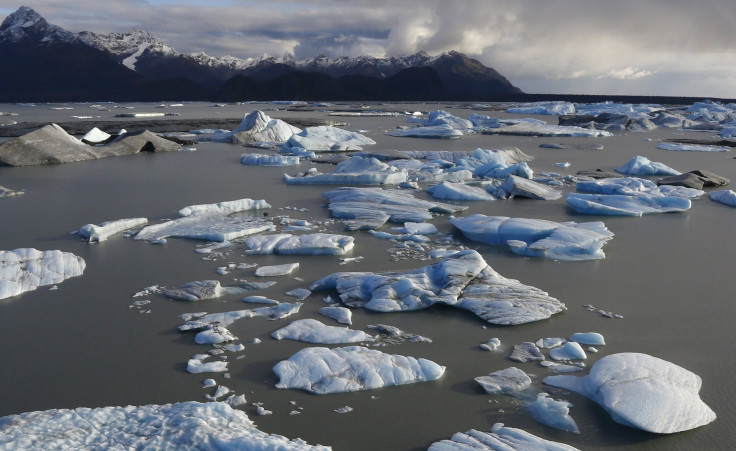Alaska Climate Change Makes Island Town Of Shishmaref Vote On Relocation

Climate change is posing a difficult question for the Alaskan village of Shishmaref: to relocate to the Alaskan mainland or not to relocate to the Alaskan mainland. On Tuesday, the town voted on the matter with 89 in favor of a move and 78 against, according to Donna Barr, the secretary of the Shishmaref Council.
Moving the isolated town — situated on Sarichef Island in the Chukchi Sea and is accessible by plane, boat and, occasionally, snowmobile — will be an expensive endeavor. So expensive that it is entirely possible that only the citizens of Shishmaref will end up moving.
“About 15 years ago, they estimated the cost at $180 million, but I would figure it’s much higher now,” Barr said to CNN. “We don’t see the move happening in our lifetime because of the funding.”
As the planet gets warmer, the village’s future gets bleaker. Courtesy of global warming and rising temperatures, the melting sea ice and permafrost result in increased coastal erosion. This, in turn, reduces the amount of land and the island has already had to move homes to more stabilized areas of the island.
“Over the past 35 years, we’ve lost 2,500 to 3,000 feet of land to coastal erosion,” wrote Esau Sinnok, a Shishmaref native and Arctic Youth Ambassador, in an essay for the Department of the Interior in 2015.
“To put this in perspective: I was born in 1997, and since then, Shishmaref has lost about 100 feet,” he added. “In the past 15 years, we had to move 13 houses – including my dear grandma Edna’s house – from one end of the island to the other because of this loss of land.”
Shishmaref is far from the only village facing this problem, as a study from the U.S. Government Accountability Office has found that at least 31 Alaskan villages are threatened by global warming. While relocating is a solution, says the report, many of the towns will not receive federal funding to make the shift.
“The problem we’ve been facing for the last 40 years is there is no money from the federal or state government,” Barr said.
© Copyright IBTimes 2024. All rights reserved.






















